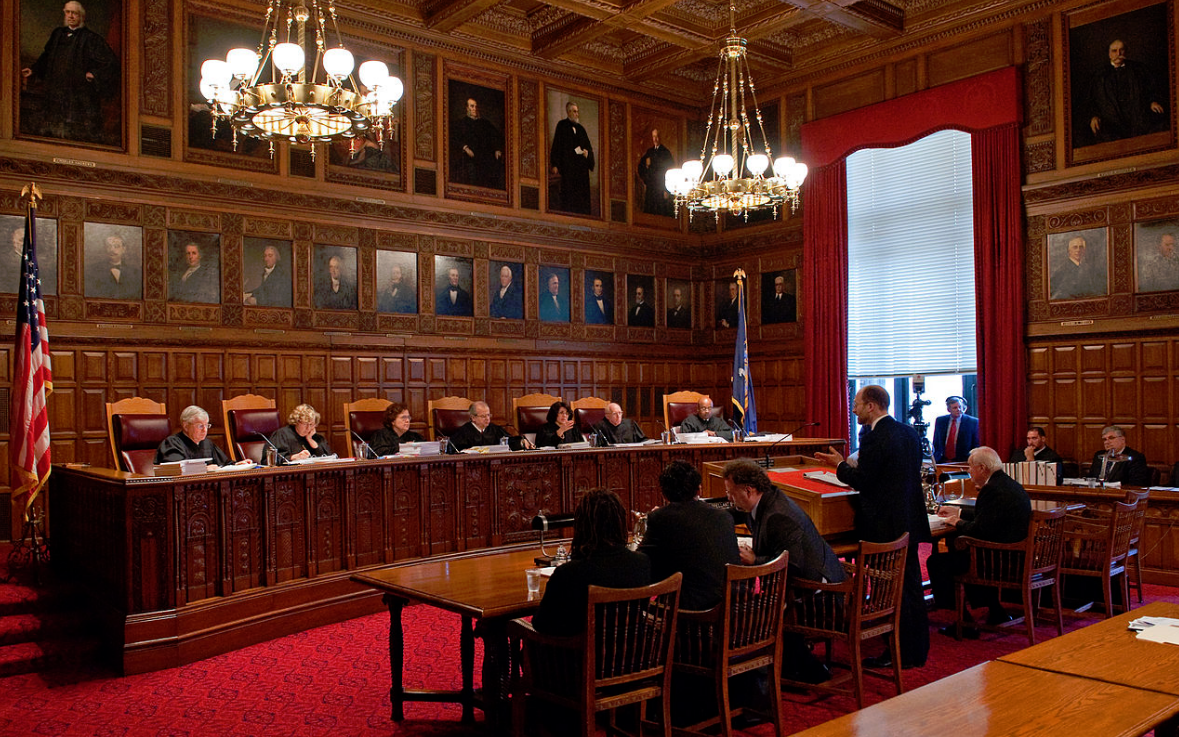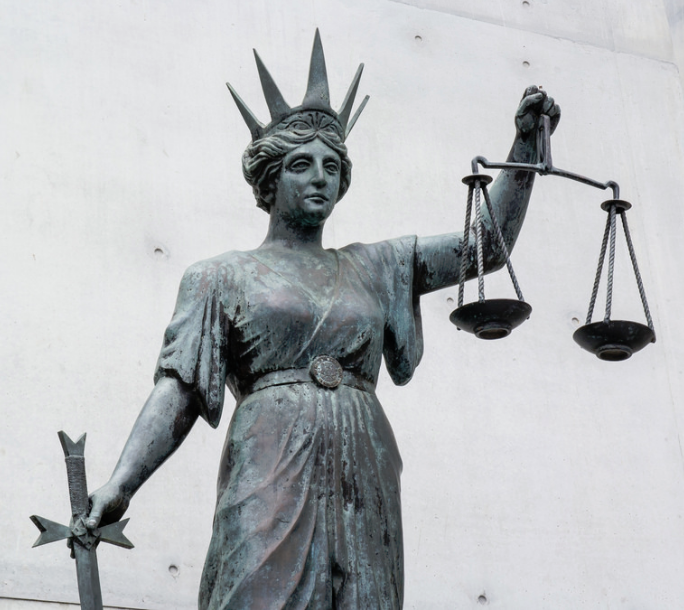Lindley Law is pleased to announce Trey Lindley was selected as a Rising Star in Estate and Trust Litigation by Super Lawyers Magazine making this his sixth consecutive Rising Star award with the previous five for Business Litigation. Super Lawyers Magazine recognizes outstanding attorneys who are 40 or under, or who have been practicing for 10 years or less. The multi-step process involves soliciting nominations from attorneys across the state (lawyers are not allowed to vote for themselves), followed by a thorough case-by-case review of each nominee. Nominees have attained a high degree of peer recognition and professional achievement. No more than 2.5%…
-
-
Twelve Causes of Action That May Accompany a Breach of Fiduciary Duty Claim
Several causes of action may be pled in conjunction with a claim for breach of fiduciary duty, depending on the facts and circumstances surrounding the case. Attorneys should consider the following claims when filing a breach of fiduciary duty cause of action and determine which, if any, also apply to their clients: 1. Constructive Fraud Constructive Fraud occurs when a person or entity gains an unfair advantage over another through unjust means, usually by lying or omitting important details. Constructive fraud differs from actual fraud because the elements of constructive fraud do require intent, or actual…
-
Breach of Fiduciary Duty vs. Constructive Fraud – Which Claim Do You Have?
Breach of Fiduciary Duty: A fiduciary is an individual or corporation to whom property or power is entrusted for the benefit of another. Fiduciaries must prudently care for any such assets, and may also have a number of additional duties, depending on the nature of their fiduciary relationship. These duties include, without limitation: a duty of good faith and fair dealing, a duty of loyalty, a duty of impartiality, a duty to delegate, a duty to inform, and a duty to maintain adequate records. To succeed on a breach of fiduciary duty claim, the plaintiff must prove…
-
Breach of Trustees’ Fiduciary Duty – Part 4: Duty to Delegate
At common law, trustees had a fiduciary duty not to delegate tasks they can perform themselves. However, our current financial system’s increasing complexity makes it unreasonable for many trustees to manage trust assets on their own. The opportunities for investments are endless, and the sophistication of even basic financial instruments has increased since the creation of the common law duty not to delegate tasks. As a result, it is often in the best interests of all parties – including the trustee – to enlist the help of experienced professionals who can assist with investment decisions. Doing so ensures the trust’s assets are financially productive and protected. When delegating his…
-
Breach of Trustees’ Fiduciary Duty – Part 3: Duty to Administer Trusts Prudently and Duty to Inform, Report, and Maintain Adequate Records
In Part 2 of this series, we examined trustees’ duties of loyalty and impartiality. This post will examine the duty to administer trusts prudently and Part 4 will discuss the duty to delegate – or not delegate – in more depth. The duty to administer trusts involves the basic values of good faith, while the duty to inform, report, and maintain adequate records involves the reasonableness of a trustee’s actions. While these principals seem straight forward, they are a bit nuanced in practice. Duty to Administer Trusts Prudently The duty to administer trusts prudently mandates trustees carry…
-
Breach of Trustees’ Fiduciary Duty – Part 2: Duty of Loyalty & Duty of Impartiality
As we’ve mentioned in part 1 of this series, trustees are fiduciaries and, as such, trustees owe a variety of fiduciary duties to multiple parties. These obligations include both the duty of loyalty and duty of impartiality, which we will discuss this week. To prove a trustee breached of one of these duties, one must show three things: (1) the existence of a fiduciary relationship; (2) the breach of a fiduciary duty; and (3) damages proximately caused by the breach of the duty.[1] It is important to keep in mind that the express terms of the trust can modify…
-
Breach of Trustees’ Fiduciary Duty – Part 1: General Considerations
This is the first of a four-part series examining trustee’s fiduciary duties and the circumstances that could result in litigation. To begin, we will discuss basic principles that will lay a groundwork to inform our larger discussion. What is a Trust and a Trustee?[1] A trust is a financial instrument or tool through which people can transfer their assets to others over time. People who create trusts are called “settlors,” because they “settle” or initially put assets into the trust. Those who stand to benefit from the assets in the trust are known as “beneficiaries.” The person…
-
Five Questions About Construction Liens
Whether you are a home owner in the midst of a kitchen renovation, a business owner considering an office expansion, or otherwise involved in a construction project, it is important to understand who gets paid and when. By doing so, you may avoid a construction lien being placed on your property or, conversely, successfully use the lien statutes to ensure that you get paid for you work. What is a construction lien? Construction liens, also known as mechanic’s liens, are legal claims on real property, often used by builders, contractors, suppliers, or subcontractors who have not been paid…
-
Haunted House Law & the Duty to Disclose
It’s a tale as old as time: newlyweds visit an open house. They fall in love with the ancient ivied walls and quaint secret passageways, only to learn that a gruesome murder took place in the house years before and now the halls are haunted by a poltergeist that won’t leave the premises. According to the law, only some states require property owners to disclose whether they live in a “haunted house.” In other states, purchasers may discovery this after the sale when their only recourse is to hire an exorcist and hope for the best. Most states require…
-
Changing Domicile: How Mental Capacity Factors In
Domicile is a relatively straight forward legal concept that combines the place where a person permanently resides with where he intends to remain. However, what happens when a person who has been adjudicated incompetent desires to permanently move. Can he possess the requisite intent to change his domicile in legal terms? The Georgia Court of Appeals recently took up this question in Estate of Milton Theophilus Pond, II. In the case, a probate court granted Milton Pond guardianship of his son, M.P., who was an adult man with autism. Since M.P.’s childhood, he lived with his mother,…







